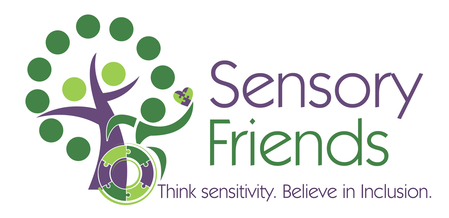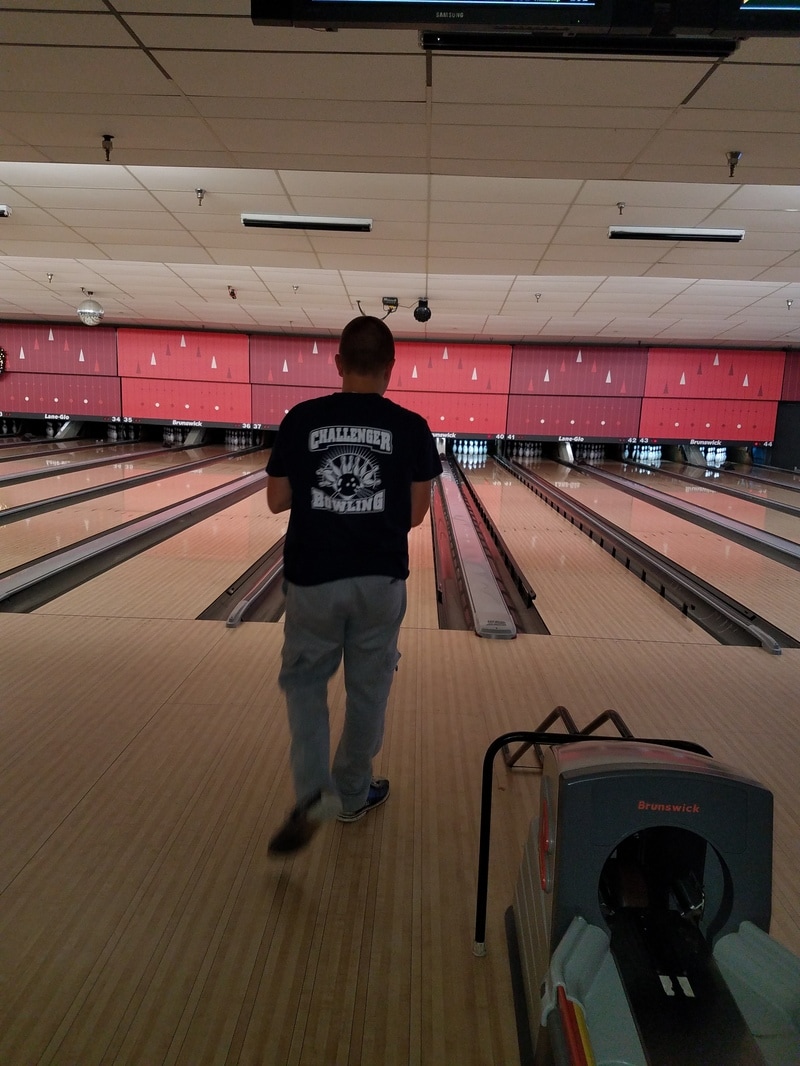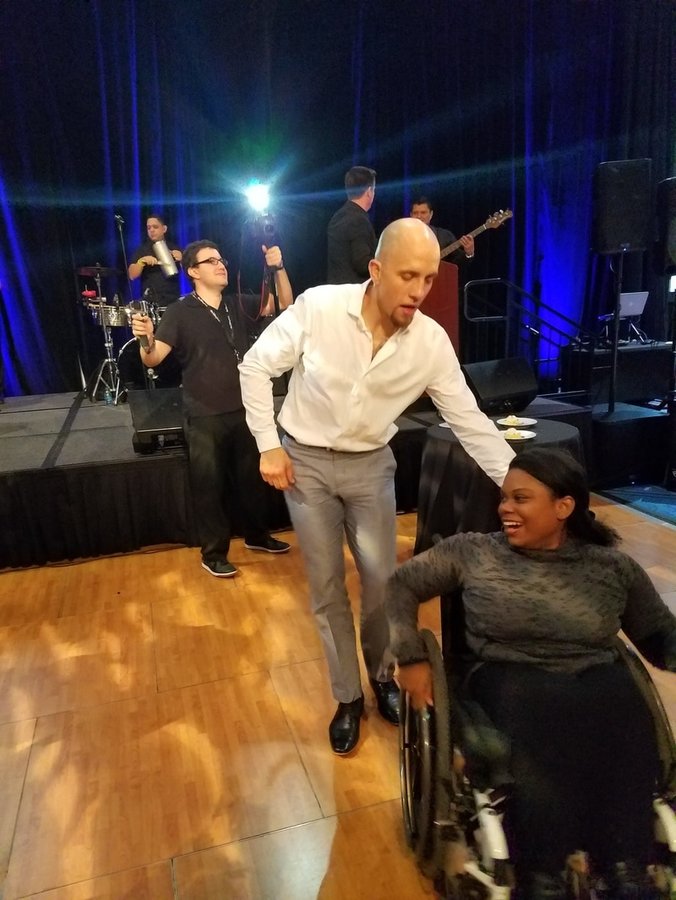- Sensitivity and Awareness trainings: These are needed for public service providers and public transit workers. Shalida recalls being passed on at the curb by many bus-drivers who looked right at her as they drove by. This happens especially if she is the only passenger waiting at the bus stop. She also mentioned that during the winter time the city shovels the snow where the bus ramp is suppose to lower and lift wheelchair riders. This has also been known for causing bus drivers to simply pass along wheelchair riders patiently waiting by their stop. In addition to sensitivity and awareness training, it was mentioned that public transit workers should also learn how to appropriately strap a wheelchair safely. Another mom of a child with autism recalls a horrible incident that occurred in a hospital just before her son’s scheduled surgical procedure. Her eight-year-old son with autism was having an episode, and although the mom requested medication to help calm him in preparation for the procedure, the hospital doctor and nurses (unfamiliar with her son’s sensory issues) considered his behavior as “refusal of his procedure” and canceled the procedure. The hospital staff had no idea how difficult it was to get this appointment scheduled, the mom left the hospital in tears. It’s very probable that you have heard of recent issues with first responders, law enforcement officers and members of the autism community. You might recall an alarming incident in south Florida that involved a young man with autism who was seen walking in the street and viewed as a dangerous person. He was holding a toy truck, but a nearby resident dialed 911 and reported seeing him waving a gun. The young man’s therapist ran after him and tried desperately to diffuse the situation with law enforcement by trying to explain the young man’s condition. However, the therapist who came to the young man's aid ended up getting shot. The need for quarterly and annual trainings in public service is absolute. In fact, it should be made possible as often as anyone requests or needs it. For people with Autism, Mental Health, Sensory issues and other disabilities that are not visible - sensitivity, awareness, and compassion contributes to their successful integration into society.
- Community: While many agreed that most restaurants and community venues have made great efforts in making their services and establishments an enjoyable experience for all, it’s still advised to call ahead before assuming accommodations can be made or access is available. Shalida recalls going on a first date that began with awkward disappointment when the restaurant holding their dinner reservation had stairs and no alternative entrance that would grant them access. Many businesses and venues are very thoughtful and receptive about accommodating those with not so obvious needs. I had a great experience at an Outback restaurant when the manager did his best to seat my son Richie with autism and our family in a booth located at the far end of the restaurant. It was a quiet end with minimal distractions. Some restaurants are still learning about how to make accommodations, so don’t be shy and try to educate them. Another issue that was noted is about making mobility in the community safer and more accessible. Sidewalks are not in every neighborhood for one. For the neighborhoods that do have sidewalks, if they are uneven or broken, this makes it dangerous for wheelchair, scooter, and cane users to move about safely. Reporting these issues to the county is crucial for raising awareness.
- Accessible Restrooms - It is a fantastic improvement to the alternative. However, it has been noticed that some accessible stalls are non-strategically placed at the far end of the restroom where it is too narrow and actually inaccessible for most wheelchairs or scooters. Building planners need to start consulting with ADA specialists. It should also be mentioned that although many won't admit it, far too many individuals without disabilities use the accessible stalls because of convenience and availability. Maybe a sign can be posted to keep people mindful of inadvertently making someone with an actual disability wait unnecessarily for a stall that was meant exclusively for them? Family Restrooms was another hot topic to be mentioned. I am a parent of a fifteen-year-old son with autism. I avoid it as often as I can, but when he was a tad younger, I have had to take Richie to the ladies room with me. These days I am more strategic and my husband usually takes him. I think about the many dads of girls with disabilities and how the struggle is similar. Many agree that creating more family rest-rooms is needed.
- Employment Opportunities: The Workforce Innovation Opportunity Act (WIOA) has made some exciting headlines with regards to working towards creating more job opportunities with a strong focus on the disability community. However, transportation still tops the list as the greatest hindrance for individuals with disabilities and their ability to get to work. One mom states that her son with down syndrome can conduct many tasks independently, but he is not ready to navigate the public transit system alone. Another woman who uses a wheelchair states that the bus system is unreliable and almost never on time. She has a master’s degree and plenty of work experience, but has been unemployed since a car accident left her without the ability to walk. In many states, like Florida, the public transit system is minimal to non-existent in some counties.
"To be honest I've never really had a job. I remember one time I went to a mall for an interview and the man looked at me and asked, "what can you even do?" I was discouraged and embarrassed." - Shalida Ann of S.A The Writer
If you have experienced or identified issues not mentioned here, please feel free to include them in your comment.






 RSS Feed
RSS Feed